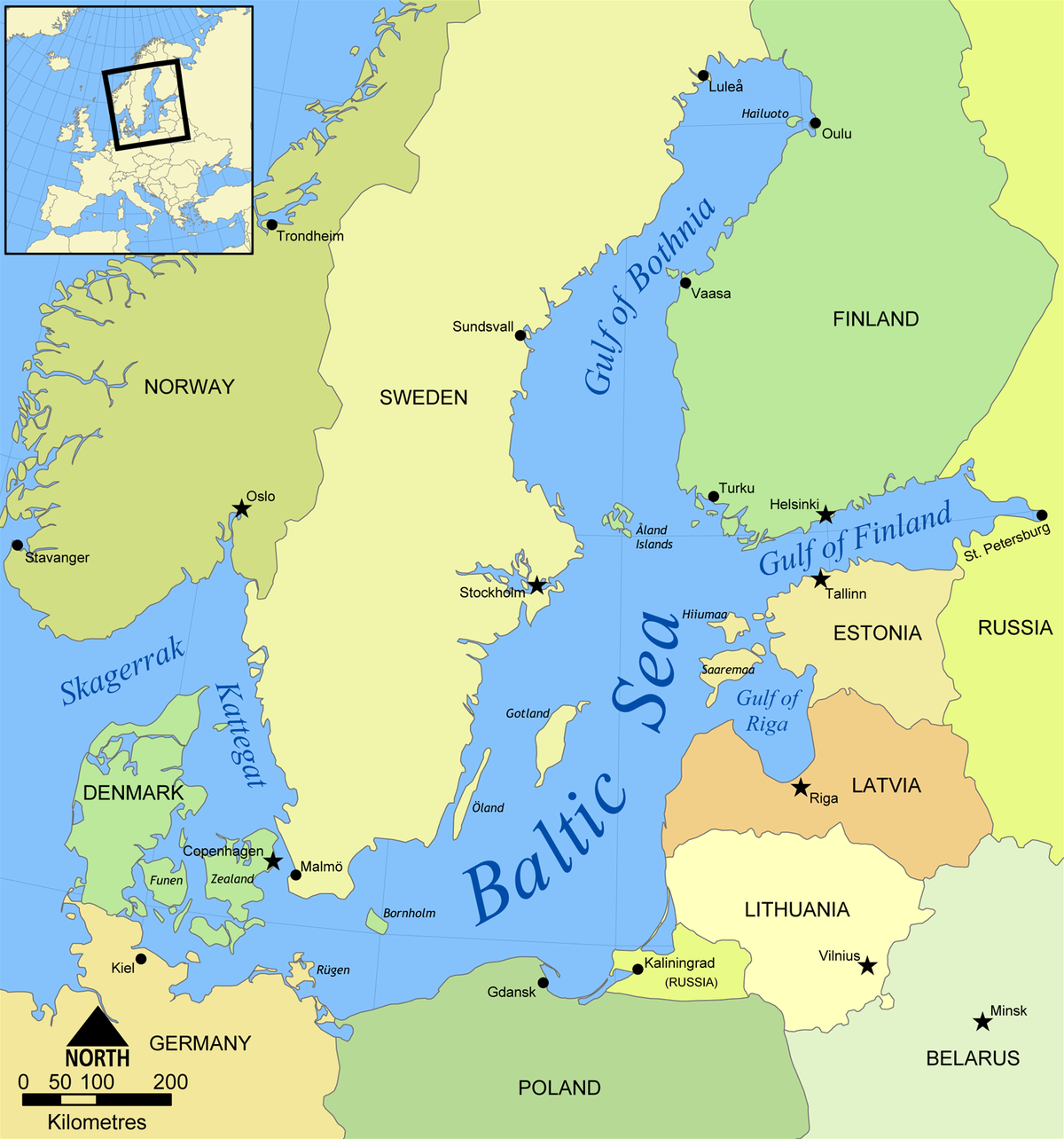 |
| Odin and Fenris |
By Emil Doepler - Doepler, Emil. ca. 1905. Walhall, die Götterwelt der Germanen. Martin Oldenbourg, Berlin. Page 55. Photographed and cropped by User:Haukurth., Public Domain, Link
When time comes for Ragnarok, the great battle between giants and gods, Loki and his children join the battle at the side of the giants.
Ragnarok ends in total destruction with enormous casualties on both sides and no clear winner. However, from the ashes of destruction rises a new land. The surviving gods and demons retreat to their respective realms, and the cycle starts all over again.
All of this makes logical sense. In a world where everything repeats, we would expect nothing less.
However, the importance of Fenrir in all of this is rather odd, because Scandinavia is not a geological active region. There are hardly ever any earthquakes in Scandinavia. The nearest place with earthquakes and active volcanoes is Iceland which did not get settled before year 800, long after Norse mythology became the dominant religion in Scandinavia.
This indicates that Norse mythology did not originate in Scandinavia, but in a place where earthquakes and tsunamis are more common.
This comes in addition to the rather telling similarities between Ragnarok and the Toba catastrophe, and the curious importance of dwarfs in Voluspo, the poem in which Ragnarok is described.
Also, Naglfar, the demon ship made out of dead men's nails, sails across the ocean from the east.
There is a large body of water to the east of Sweden. However, there are no volcanoes on the Russian side of this sea, and Ragnarok ends with a massive volcanic eruption.
The Baltic Sea is a very bad match for the description given in Voluspo. There are neither volcanoes nor earthquakes and tsunamis in the region.
A far better match is the Indian Ocean, where earthquakes and tsunamis, centered around Indonesia to the east, are more common.
By United States Central Intelligence Agency
The World Factbook, Public Domain, Link
That would place the origin of Norse mythology in Indochina, the east coast of India or the western islands of Indonesia.


No comments:
Post a Comment